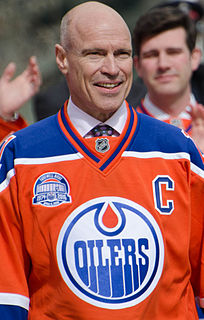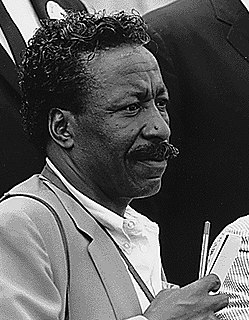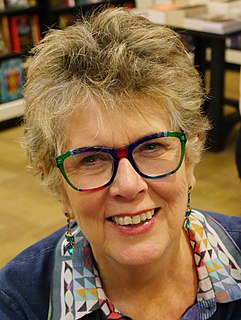A Quote by J. K. Rowling
Failure meant a stripping away of the inessential. I stopped pretending to myself that I was anything other than what I was, and began to direct all my energy to finishing the only work that mattered to me. Had I really succeeded at anything else, I might never have found the determination to succeed in the one area where I truly belonged. I was set free, because my greatest fear had been realized, and I was still alive, and I still had a daughter whom I adored, and I had an old typewriter, and a big idea. And so rock bottom became a solid foundation on which I rebuilt my life.
Quote Topics
Adored
Alive
Anything
Anything Else
Area
Away
Became
Because
Been
Been Real
Began
Belonged
Big
Big Idea
Bottom
Daughter
Determination
Determination To Succeed
Direct
Else
Energy
Failure
Fear
Finishing
Found
Foundation
Free
Greatest
Greatest Fear
Had
Idea
Life
Mattered
Me
Meant
Might
My Life
Myself
Never
Old
Only
Other
Pretending
Realized
Really
Rock
Set
Solid
Solid Foundation
Still
Stopped
Stripping
Stripping Away
Succeed
Succeeded
Than
Truly
Typewriter
Which
Whom
Work
Related Quotes
When I started I had no knowledge of films whatsoever. I was an engineering major at Stanford. And I found out as a senior that they had two film critics on the Stanford Daily, and they got free passes to all the theaters in Palo Alto. So I thought, I'll do that, and I became a film critic. And then I became interested in films. But I had no time to study anything in that area because I was a senior, just finishing up as engineering.
I had no idea about where I was going. I had no sense of art as anything other than a problem to be fixed, you know, an itch to be scratched. I was in that studio trying my best to feel content with myself. I had, like, a stipend. I had a place to sleep. I had a studio to work in. I had nothing else to think about, you know. And that's - that was a huge luxury in New York City.
Nine Inch Nails was an experiment with me in discipline. I realized when I was 23 that I had never really tried anything. Schoolwork came easy to me. I learned to play piano effortlessly. I was coasting. I realized that I was afraid to really, really try something, 100 percent, because I had never reached true failure.
Lady Dance's music wasn't a magic charm. I'd misunderstood. We had all failed to understand. The song and dance didn't stop us dying. It just stopped the fear of death swallowing us up while we were still alive. 'Rejoice,' came the soft voice of Lady Dance in my mind. 'Watch the moon and stars...' Death had ruled my life till I met Lady Dance. Her dance had set me free.
I’m more comfortable with myself than when I was younger. I hated myself then. Wait, I didn’t hate myself – that’s a strong word. But I was so diffident. I didn’t know how to act, for one. I had no confidence in that area or in myself at all, really. I had a big inner critic and still do. I just don’t listen to it so much.
I had often thought that if I managed to live through the war I wouldn't expect too much of life. How could one resent disappointment in love if life itself was continuously in doubt? Since Belgorod, terror had overturned all my preconceptions, and the pace of life had been so intense one no longer knew what elements of ordinary life to abandon in order to maintain some semblance of balance. I was still unresigned to the idea of death, but I had already sworn to myself during moments of intense fear that I would exchange anything - fortune, love, even a limb - if I could simply survive.
At the age of eleven, I began Euclid, with my brother as my tutor. ... I had not imagined that there was anything so delicious in the world. After I had learned the fifth proposition, my brother told me that it was generally considered difficult, but I had found no difficulty whatsoever. This was the first time it had dawned on me that I might have some intelligence.
Some failure in life is inevitable. It is impossible to live without failing at something, unless you live so cautiously, that you might as well not have lived at all. In which case you have failed by default. Failure gave me an inner security that I had never obtained by passing examinations. Failure taught me things that I could not have learned any other way. I discovered I had a strong will and more discipline than I had suspected.































